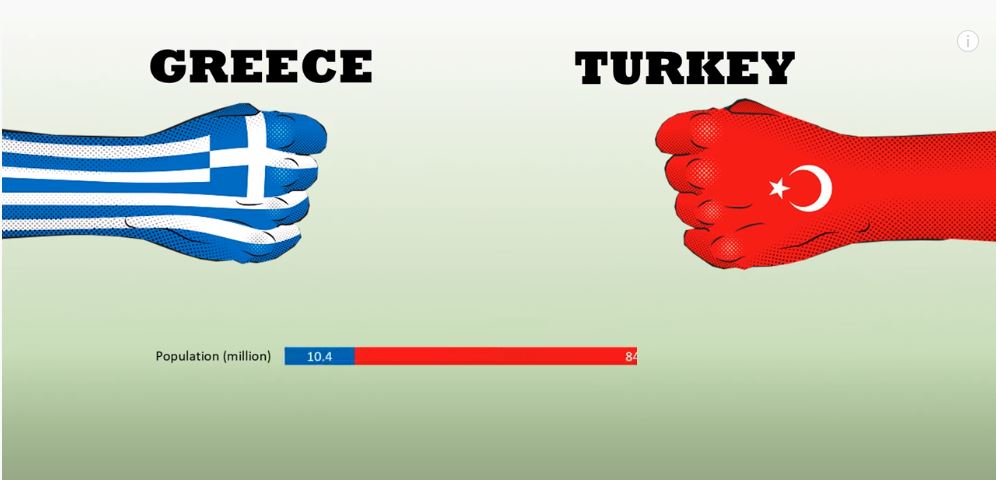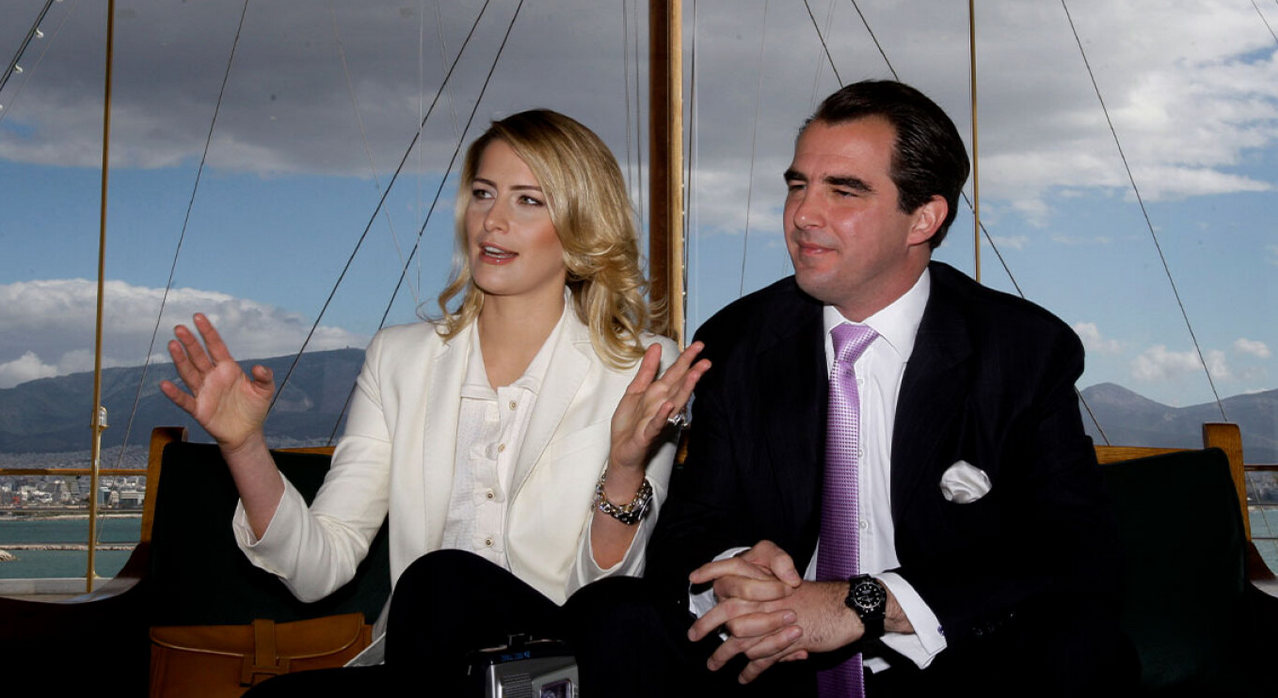The financial crash of 2008, which came close to bankrupting Greece, ushered in a decade of introspection within the country as it struggled to come to grips with the crisis that had enveloped it. During the decade that followed, Greece turned inwards in order to heal its wounds. But that dark period has come to an end. One indication of the turnabout is the importance that the Greek government is attaching, once again, to its foreign policy.
Since it regained its freedom in 1821, perhaps the most striking feature of the modern Greek state has been its ability to create alliances. Greece has relied upon strategic partnerships to address the challenges it has faced time and again in the past two centuries. This has involved identifying countries with a shared interest in specific issues, and working to create win-win outcomes. Recent examples are its decision to join NATO in 1952, to join the European Union in 1981 and to replace the Drachma with the Euro as its currency in 2001. These decisions aroused considerable opposition from sections of the people when they were first mooted. But they have been vindicated by the progress Greece has made since taking them, and the security they are now providing to it in dealing with the differences that have cropped up with Turkey in the Eastern Mediterranean.
Greece now faces a new set of challenges. The world we used to think of as being Eurocentric and basically homogeneous, has changed almost beyond recognition. Globalisation and the emergence of new industrial powers in the Indo-Pacific region has rapidly shifted the economic and political axis of the world eastwards. Vital maritime traffic now flows to and from European markets from the Mediterranean through the Suez Canal to the Indian Ocean, and thence through the Straits of Malacca to the Far East, where the bulk of the world’s consumer goods are now produced. This is now the single most important maritime highway in the world and is routinely referred to by Western strategic thinkers as the “Indo-Pacific”.
German Islamic teacher’s license revoked for being too liberal
For Greece, which has been a maritime power since the dawn of history, and has the largest registered commercial shipping fleet in the world, the “Indo-Pacific” has created new opportunities as well as new risks. Both arise from its location, across the world’s premier trade route, in the Eastern Mediterranean. Greece’s future will depend upon its ability to take advantage of the opportunities this is crating, and to build safeguards against the risks that doing so might entail.
The latter arises from the fact that the Indo-Pacific is not only an economic highway. It has become the focus of the growing competition for hegemony between the US and China. In the last nine years, the US-China rivalry has come to dominate strategic thinking and planning across the globe. Safeguarding commerce along this highway is exceedingly difficult because, unlike the European Union, this region is a mosaic of countries with vastly different sizes, shapes, histories and cultures that have little in common with each other.
Read more: The Wire








































